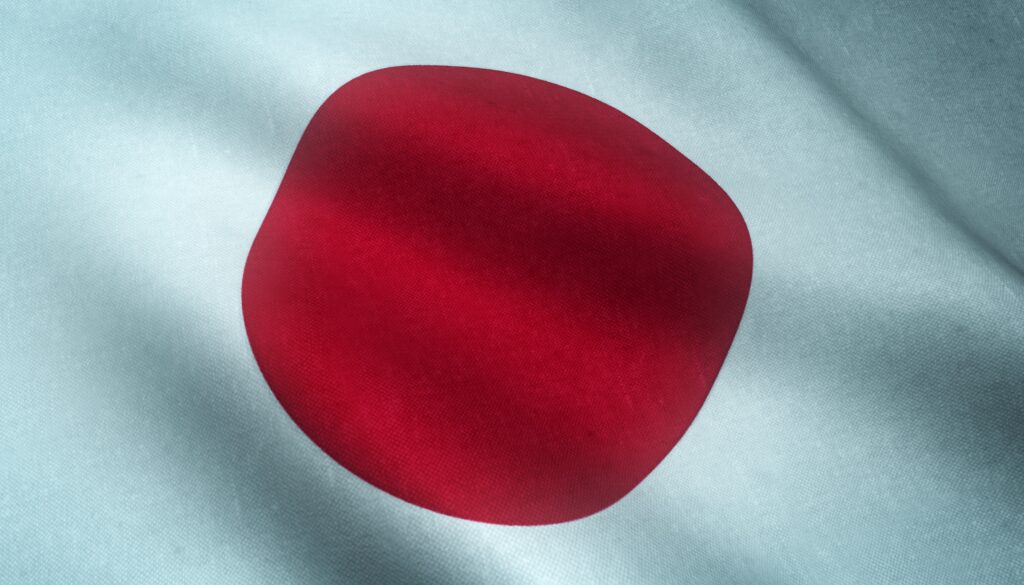JFTC study and MSCA shape Japan’s AI oversight strategy
Sector-specific rules and ex-ante competition measures underpin Japan’s strategy for fostering AI while mitigating risk.

Japan is adopting a softer approach to regulating generative AI, emphasising innovation while managing risks. Its 2025 AI Bill promotes development and safety, supported by international norms and guidelines.
The Japan Fair Trade Commission (JFTC) is running a market study on competition concerns in AI, alongside enforcing the new Mobile Software Competition Act (MSCA), aimed at curbing anti-competitive practices in mobile software.
The AI Bill focuses on transparency, international cooperation, and sector-specific guidance rather than heavy penalties. Policymakers hope this flexible framework will avoid stifling innovation while encouraging responsible adoption.
The MSCA, set to be fully enforced in December 2025, obliges mobile platform operators to ensure interoperability and fair treatment of developers, including potential applications to AI tools and assistants.
With rapid AI advances, regulators in Japan remain cautious but proactive. The JFTC aims to monitor markets closely, issue guidelines as needed, and preserve a balance between competition, innovation, and consumer protection.
Would you like to learn more about AI, tech, and digital diplomacy? If so, ask our Diplo chatbot!
